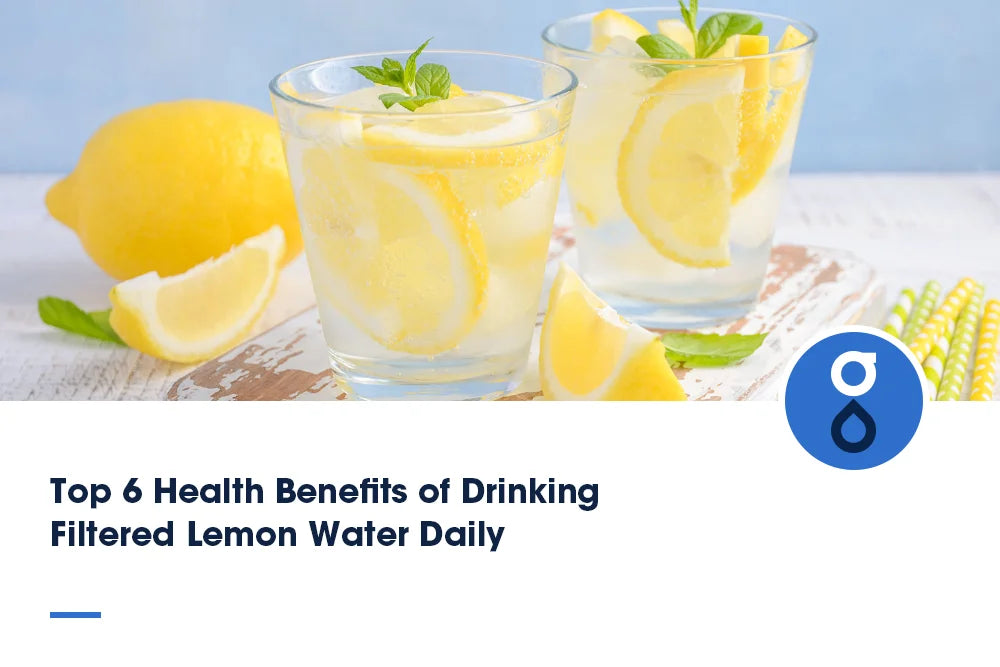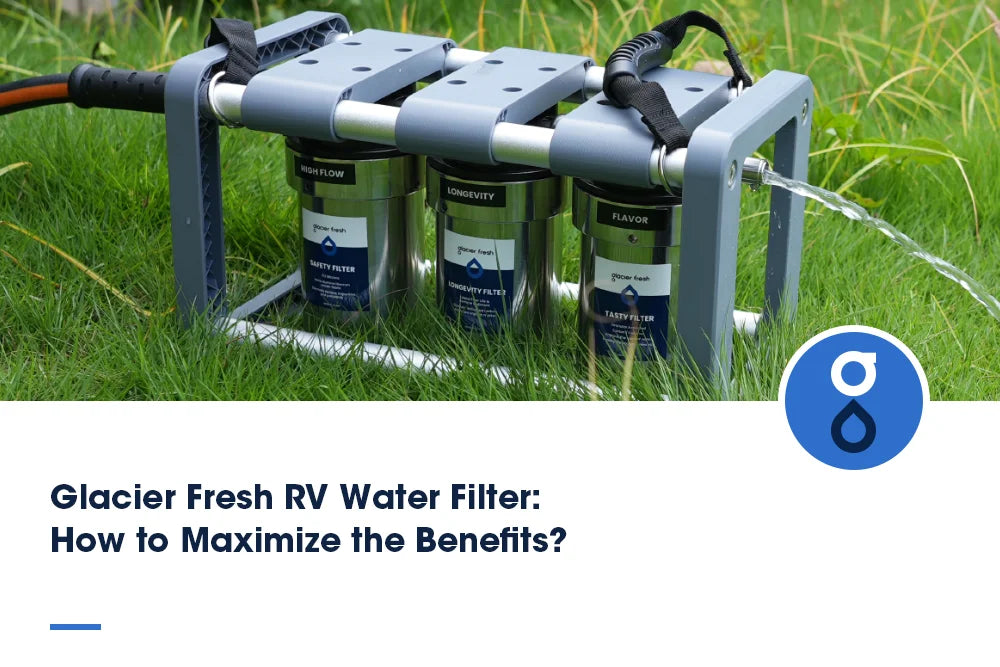Table of Contents:
Overview of reverse osmosis technologies
What is Ultraviolet(UV) water purification?
Reverse Osmosis vs. UV: advantages and limitations
How to choose the best system for your home?
FAQs
Conclusion
Choosing between reverse osmosis and UV water purification for your home isn't a one-size-fits-all decision. You've got to weigh up the pros and cons of each system. While reverse osmosis is unrivaled when removing contaminants, it requires regular filter changes and can be a headache to install. On the other hand, UV systems are easier to maintain and don't alter the water's taste or chemistry. But which one is the best for your household? Let's explore this further to help you make an informed choice.
Overview of reverse osmosis technologies
When it comes to water purification, reverse osmosis technologies are at the forefront. This system uses membrane filtration, a process where water pressure pushes tap water through a semipermeable membrane. This membrane acts as a barrier, blocking most contaminants while allowing clean water to pass through.
The installation process of a reverse osmosis system is simple, but a professional does its best to ensure optimum performance. Once installed, system maintenance is relatively straightforward. You'll need to replace the filters regularly, typically every six to twelve months, to maintain the system's efficiency.
Beyond the ease of maintenance and installation, reverse osmosis system offers substantial health benefits. This system effectively removes harmful contaminants like lead, fluoride, and bacteria from your water. It's a perfect solution for ensuring you and your family access clean, safe drinking water.
What is Ultraviolet(UV) water purification?

UV technology is a powerful player in water purification. It employs ultraviolet light, a type of electromagnetic radiation, to eradicate harmful bacteria and viruses in your water supply. Its strength lies in microbial control. It's extremely effective at neutralizing microorganisms that could pose health risks.
However, what sets UV systems apart is their ease of maintenance and energy efficiency. They're simple to operate, require minimal upkeep, and use less energy than many other systems. Here's a quick outline to help you understand UV water purification better:

Ultimately, your choice between reverse osmosis and UV purification depends on your needs. However, understanding how UV technology works can help guide your decision.
Reverse Osmosis vs. UV: advantages and limitations
Picking the right water purification system can be tricky, especially when you're trying to choose between a UV system and a reverse osmosis (RO) system. Each system has its advantages and limitations, based on factors such as cost comparison, maintenance requirements, environmental impact, filtration efficiency, and the water taste. Here's a table to give you a visual representation:

In summary, UV systems are cost-effective and require less maintenance. They're also environmentally friendly, as they don't produce waste. However, they lack filtration efficiency and don't impact water taste. On the other hand, despite being expensive and requiring regular maintenance, RO systems provide superior filtration efficiency and can improve water taste. They do, however, produce wastewater.
How to choose the best system for your home?

When choosing the best water purification system for your home, it's essential to consider your specific needs and lifestyle. Your household needs, water quality, health considerations, system maintenance, and installation costs are all critical factors. Consider the following table as a guide:

If you're looking for a under sink reverse osmosis system to improve water quality by removing various contaminants, Glacier Fresh reverse osmosis system might be your best bet. However, it requires more system maintenance and has a higher installation cost. On the other hand, if your main concern is eliminating bacteria and viruses, a UV purification system may be more suitable. It's less expensive to install but needs consistent electricity for operation.
FAQs
Does UV water purification kill all types of bacteria and viruses?
Yes, UV water purification is highly effective. It's designed to kill a wide variety of microbial species, including most bacteria and viruses. However, some might show resistance or survival, showing the purification's limitations.
Does the quality or type of source water affect the performance of these systems?
Yes, source water characteristics greatly impact system performance. Contamination types influence filtration efficiency. You must evaluate your water's conditions to ensure system compatibility and optimal purification performance.
Conclusion
Choosing between an RO and UV water purification system for your home depends on your needs. If you're dealing with high levels of pollutants, an RO system might be your best bet. But a UV system could be a better fit if you're after easier installation and less upkeep. Consider your water quality, maintenance preferences, and budget to make the best choice for your household and subscribe Glacier Fresh for more water filtration information.

















